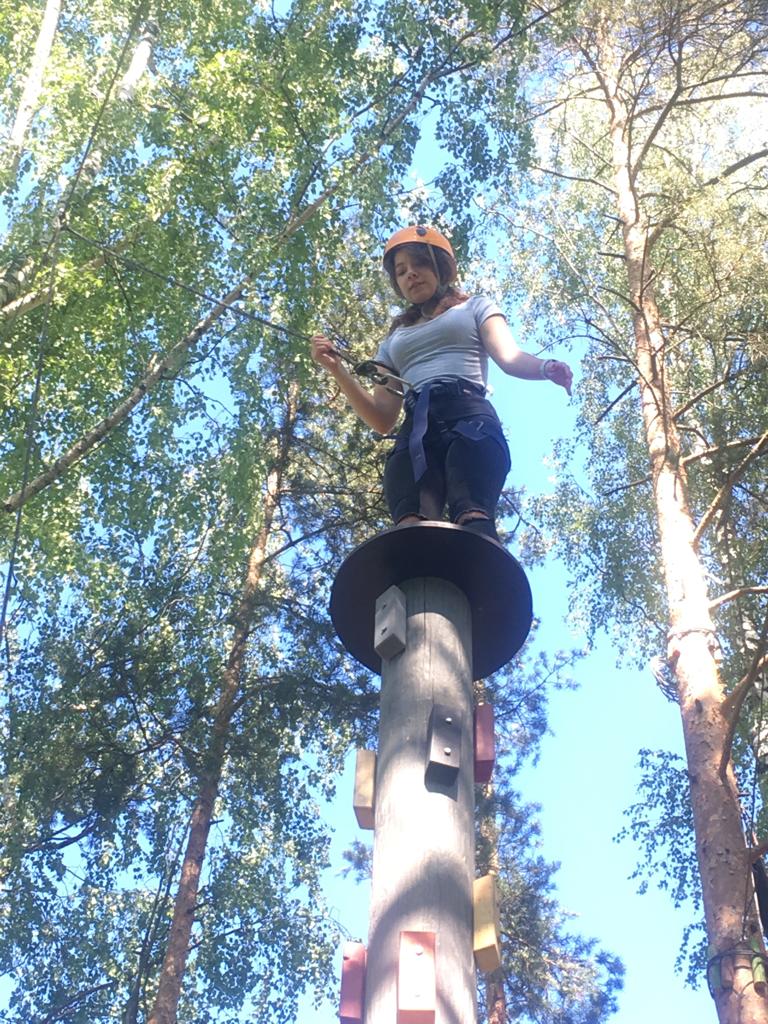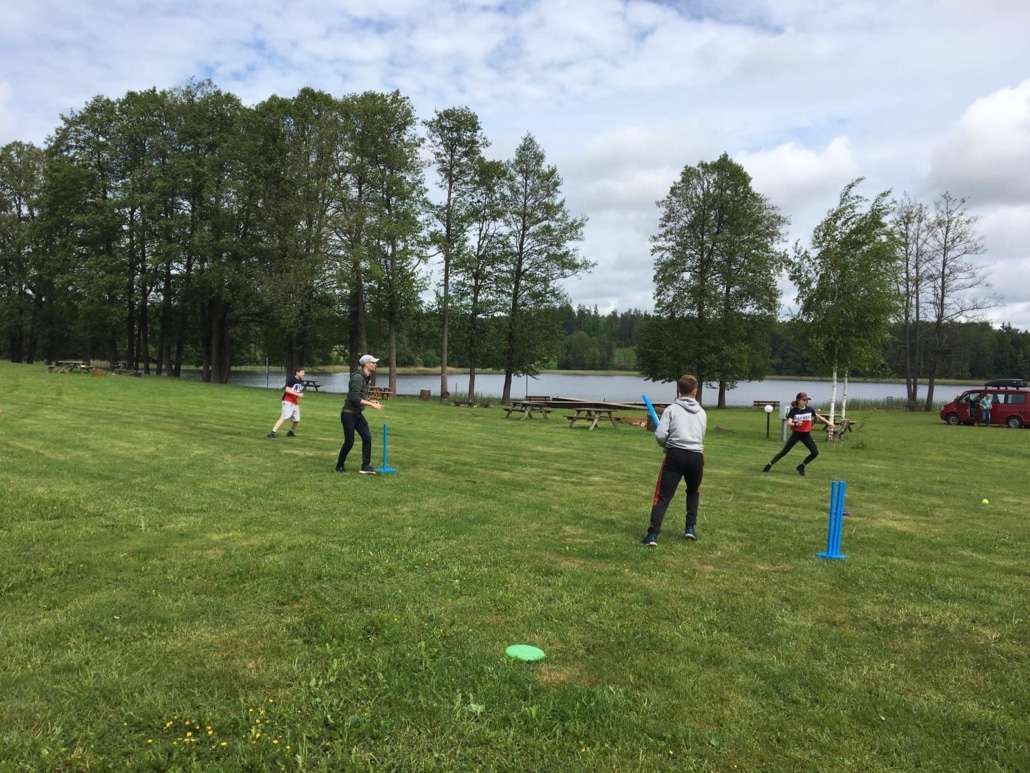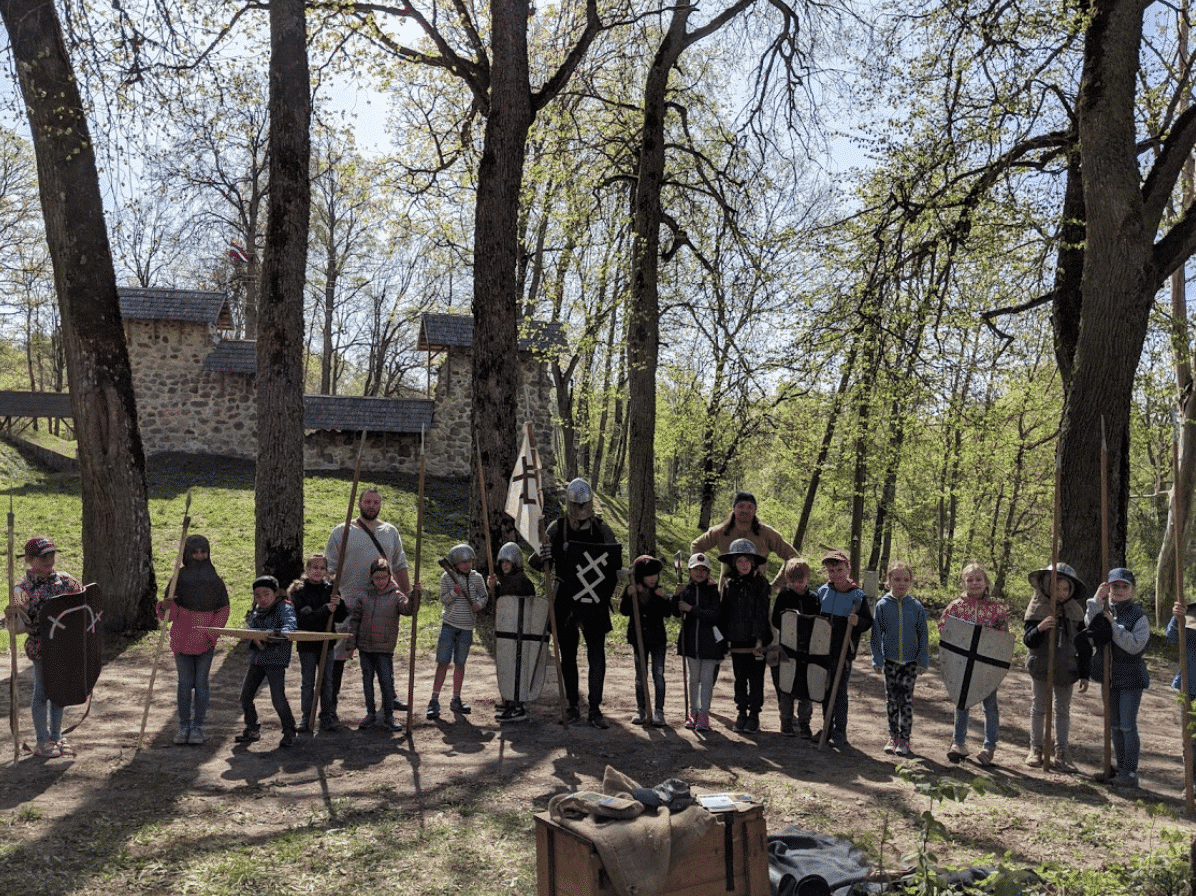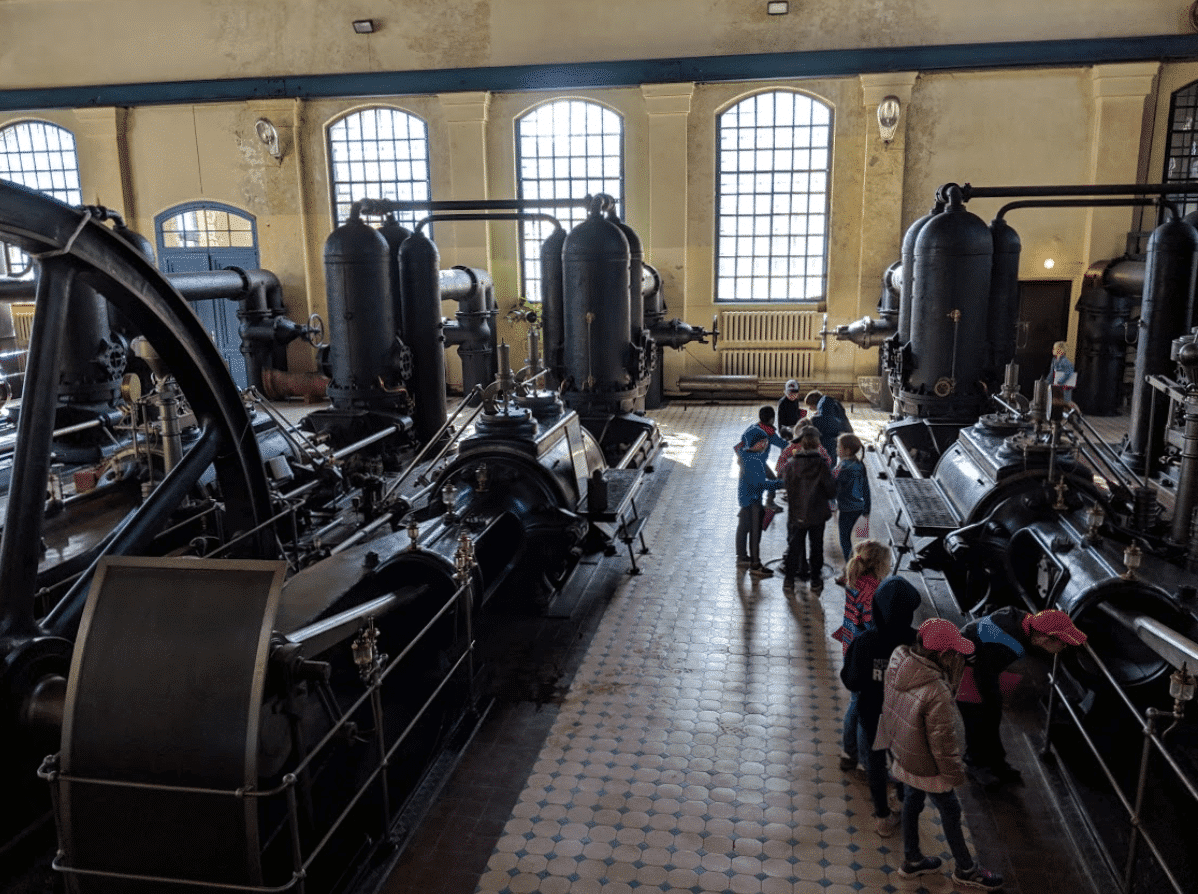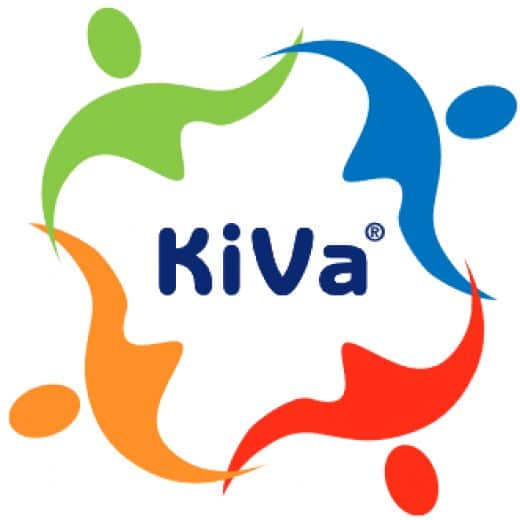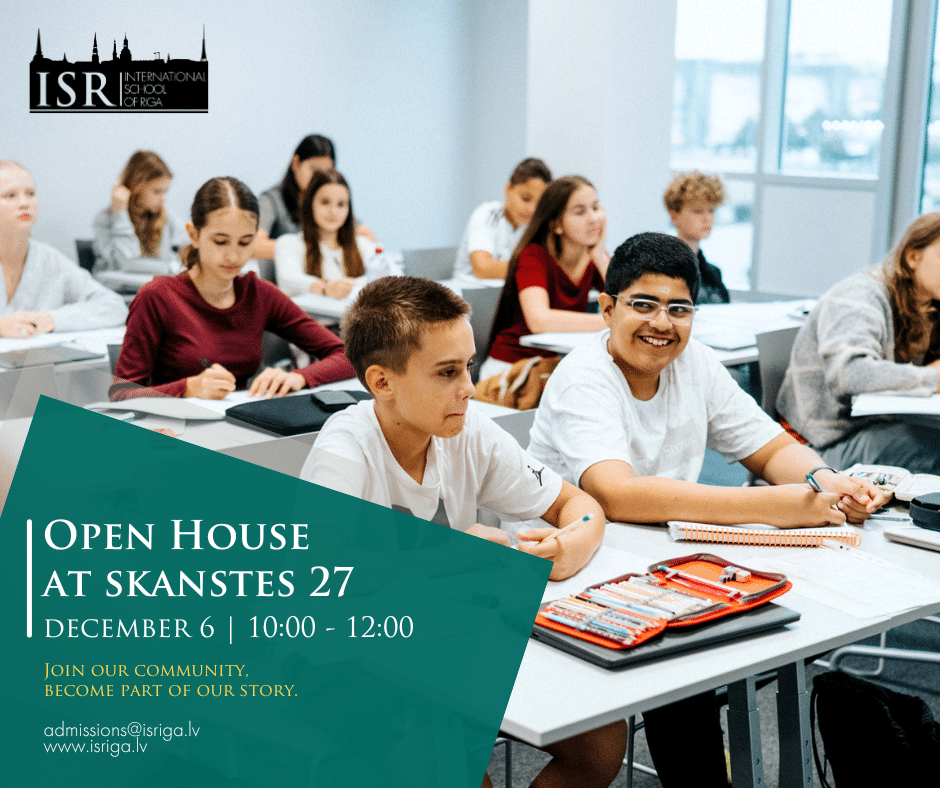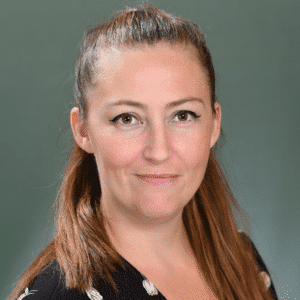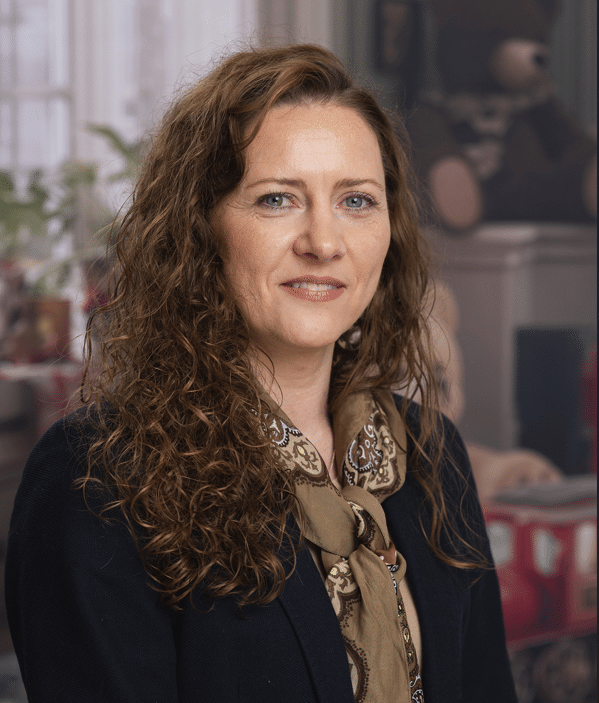Taking Learning OutsideField Trips, Place-Based Learning, and Learning Expeditions at ISRBy Kathryn Harjula, Grade 2 Teacher
ISR teachers carefully review learning objectives, and use the collective knowledge of our school community to engage our students in deeper and more meaningful learning experiences than they could experience within the classroom walls. Early Years students go to the forest, primary students have visited a candle manufacturing business and a number of archaeological sites, found patterns in the neighbourhood, interviewed their families to compare past/present, and participated in countless other outside engagements. High school students have visited precisely-chosen art exhibits and drama productions, museums, and international trips. They may also take part in the Model European Parliament, a rich opportunity to apply their understanding in an authentic setting. Most classes from grade 1-10 participate in overnight field trips. Our teachers are conscious of the benefits that these connections bring and work hard to make learning come alive. Field trips can be used at the beginning of a new unit to provoke new thought, creating more curiosity into new ideas and different ways of thinking. In the middle of a unit, they can stimulate inquiry and support a rich understanding of the current learning. They can also be used to gather new information, apply prior learning to a new situation, and enable learning from others. Overnight trips help students step out of their comfort zones, build more complex social skills, and become more self-reliant. These trips help to deepen the bonds between class members, giving authentic opportunities to act as support networks for each other.
When teachers take the students out of the classroom, we have the opportunity to ask ourselves: Which Learner Profile traits do students exhibit? Are they being principled and respectful of themselves, other people, and the environment? Are they communicating with others clearly and thoughtfully? How well are they able to be agents for their own learning? What connections do they make between what they are experiencing outside the classroom and what they have learned within it? We welcome parents and community members to read the Programme of Inquiry on the second floor wall of K118 and the curriculum documents for V9 on the school website to see where your personal experiences and contacts can help support student learning. We appreciate your help!
|

